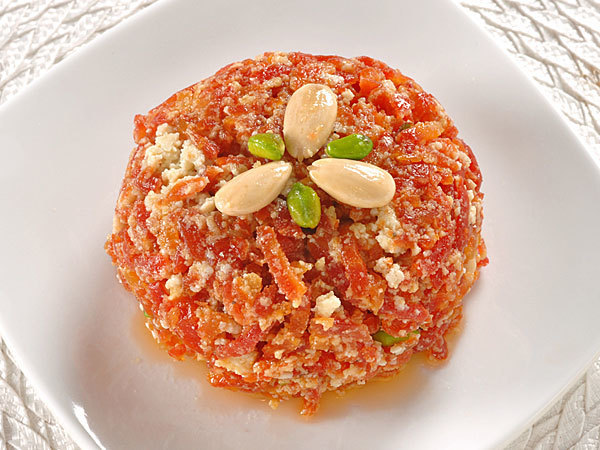Elite runners and other endurance athletes often train at high altitudes to improve performance. Unfortunately, higher altitudes don’t improve the performance of bakers and cooks. It takes some thoughtful adjustments to successfully produce baked goods at high altitudes.
Specifically, higher altitudes have lower air pressure, which causes baked goods to stick, lose moisture more quickly, and rise more easily. Accounting for these nuances by following our tips below can help you avoid fallen cakes and crumbly cupcakes. Just ask bakers living in Denali, Alaska, or Denver, Colorado.
- Decrease baking soda or baking powder by about ½ teaspoon for each teaspoon that’s called for.
- Increase liquid by adding one tablespoon per cup of whatever flavoring you’re using or by adding an egg or egg white. The protein in the eggs can also help the batter to thicken.
- Speaking of eggs, beat egg whites just until soft peaks begin to form, particularly when preparing an angel food or sponge cake.
- Increase baking temperature by about 25 degrees, but reduce baking time as needed.
- Check early and often for doneness.
- Keep in mind that altitudes can vary greatly, even within the same general area, so your adjustments should vary as well. What works for someone else in your little mountain town may not work for you.
- Adjust one ingredient at a time, and be willing to experiment until you get it right.
- And of course, use our bakeware for muffins and cupcakes to avoid the extra stickiness that comes with regular baking pans and high altitudes.




